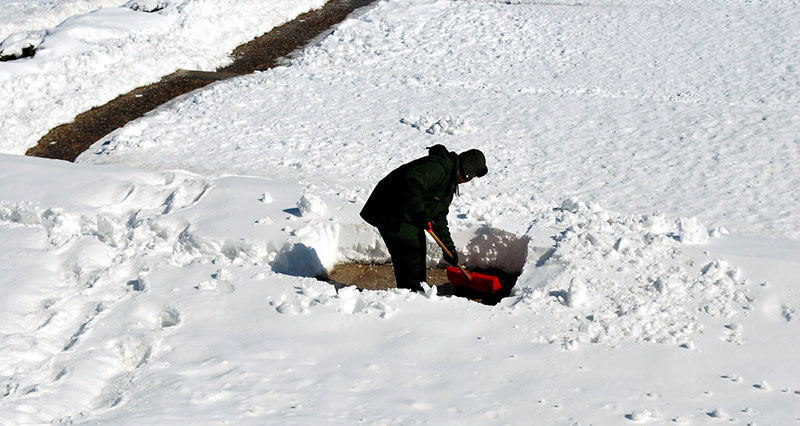The end of the year is finally here, which means the temperatures outside are dropping, and the weather is getting cold. While this can be a nuisance to anyone who hates the cold, if you happen to wear hearing aids, you will need to take extra precautions with your device. Hearing aids are sensitive devices, so when it gets cold, you should be extra cautious and take some additional steps to protect your investment. Following a helpful set of cold weather hearing aid tips can help save your investment and money.
Low temperatures can diminish your battery life and even do damage to your hearing aid if you are not careful. If you are looking to keep your hearing aids safe in the cold weather, check out these helpful cold weather hearing aid tips.





